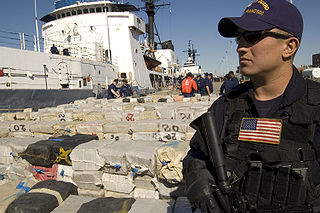Police Reform in New Orleans
+ Brandon Fuller
The Justice Department and the city of New Orleans recently agreed on how to reform the New Orleans Police Department (NOPD), a force with a history of dysfunction, corruption, and lawlessness. The agreement comes on the heels of a Justice Department investigation that began in 2010 at the request of Mayor Landrieu and community groups.
The New York Times reports that the agreement:
…calls for hundreds of new department policies governing the use of force, searches and seizures, arrests, interrogations, photographic lineups and more. The agreement also deals with recruitment and training, performance evaluations and promotions, misconduct-complaint issues and even the lucrative off-duty work assignments that had become a potent source of corruption.
We’ve written about the city’s partnership with the Justice Department before (here and here). One of the interesting facets of this partnership is that city of New Orleans reached out to the Justice Department rather than the other way around. The mayor and other community leaders realized that the city government and the police department were incapable of reform from within, so they leveraged the external credibility of the Justice Department.
Once a federal judge approves the agreement, it becomes legally binding. For the next for years, and possibly longer, the Justice Department will hold the NOPD accountable for change—not the police leaders themselves and not the city’s elected officials. Attorney General Holder believes that this model of shared governance may prove useful for other American communities where the police consistently fail to live up to their duties.
The model also raises interesting questions about the prospects for international cooperation: If an American city can leverage the credibility of the federal government to pursue key reforms, can countries struggling with corrupt and inefficient policing leverage the credibility of foreign governments or reputable police forces to establish honest and effective law enforcement? The Regional Assistance Mission to the Solomon Islands (RAMSI) is an interesting precedent.

